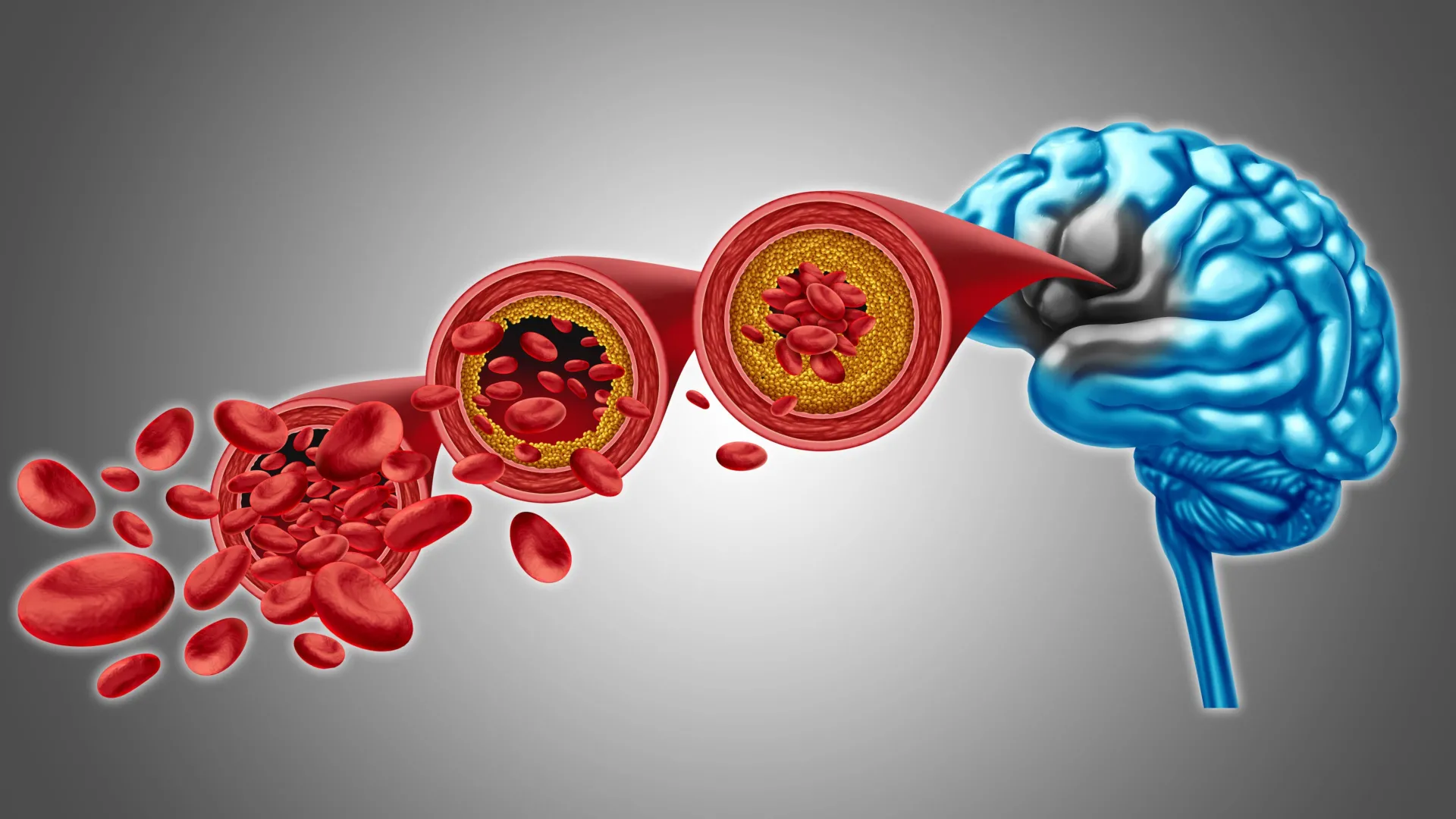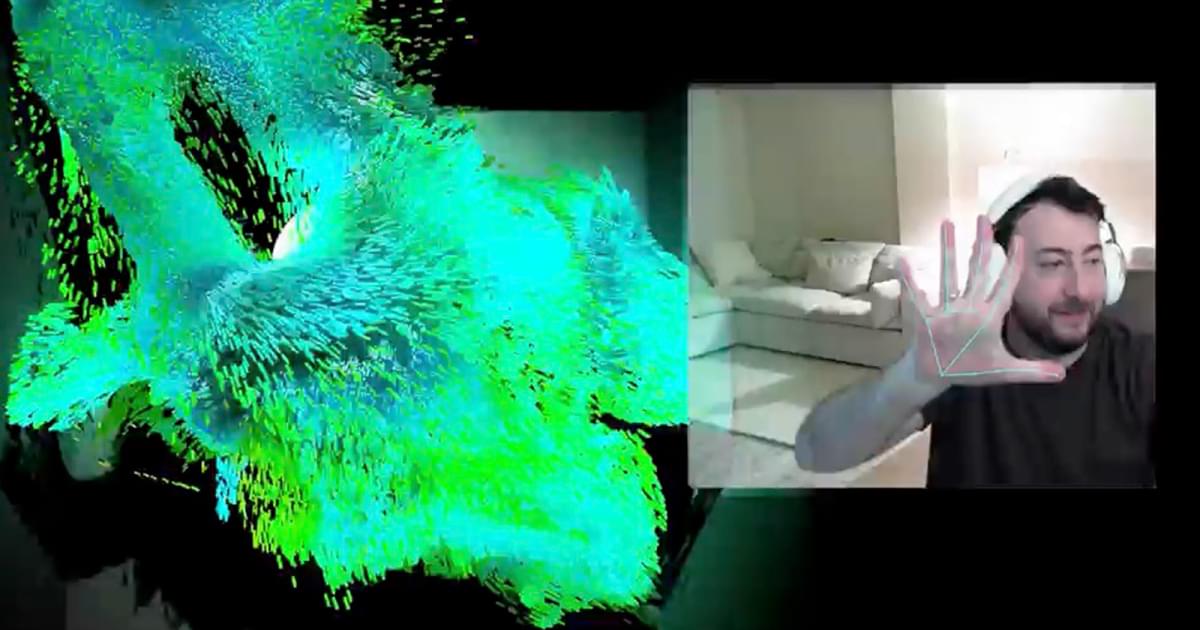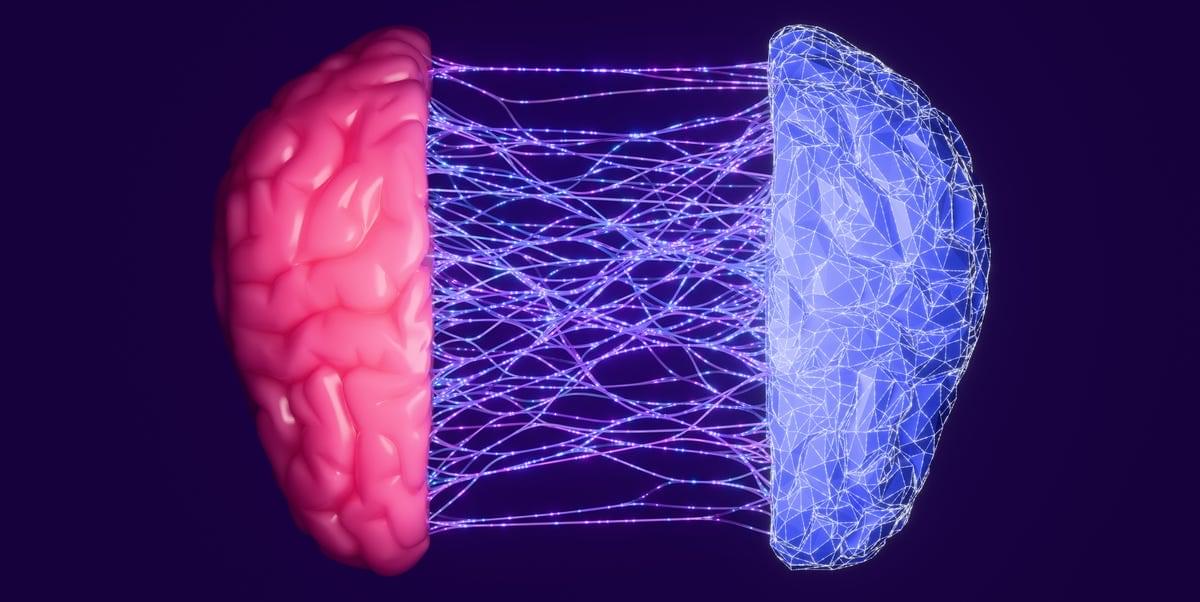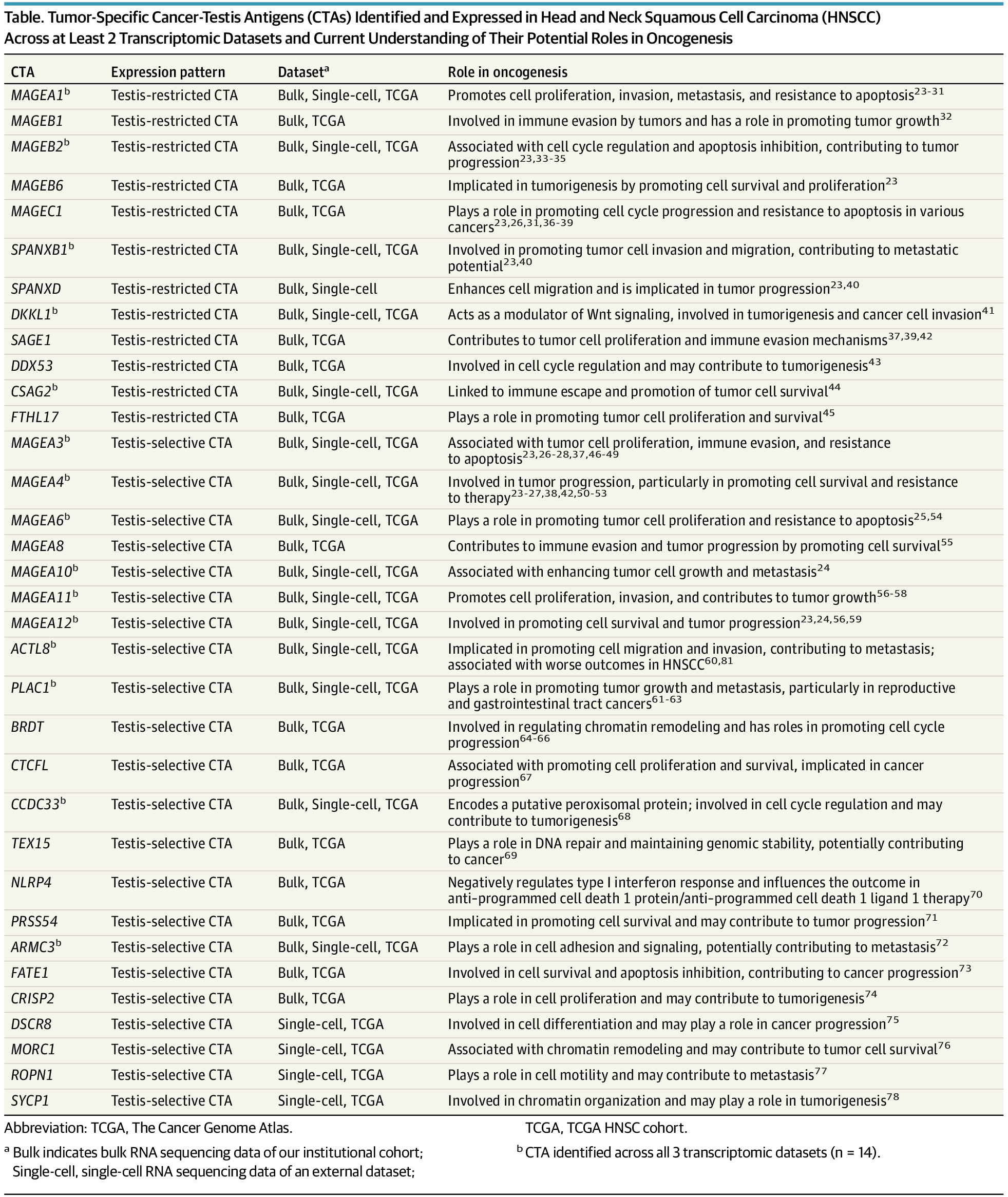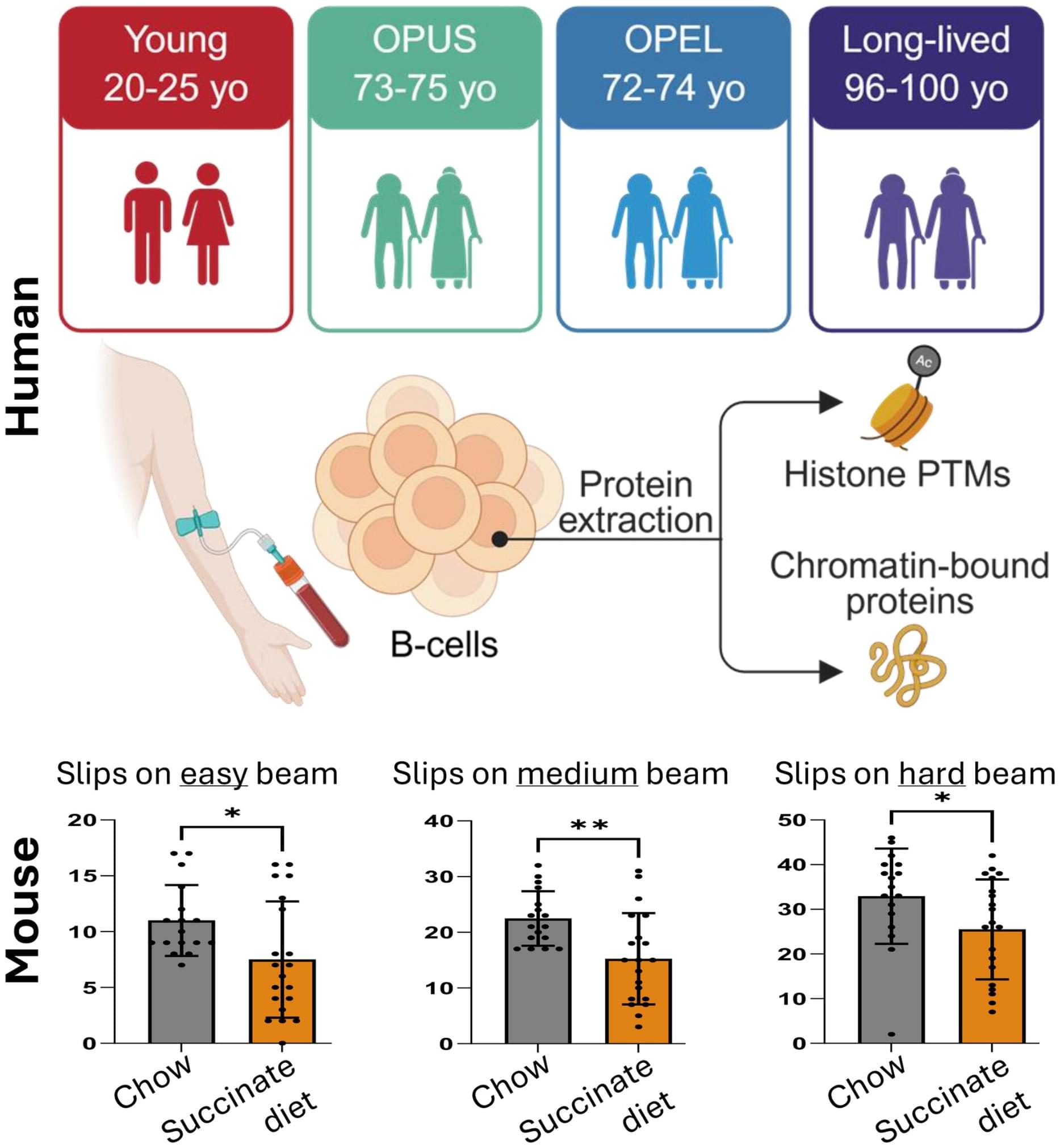Quantum light sources using single-walled carbon nanotubes show promise for quantum technologies but face challenges in achieving precise control over color center formation. Here, we present a novel technique for deterministic creation of single organic color centers in carbon nanotubes using in situ photochemical reaction. By monitoring discrete intensity changes in photoluminescence spectra, we achieve precise control over the formation of individual color centers. Furthermore, our method allows for position-controlled formation of color centers as validated through photoluminescence imaging. We also demonstrate photon antibunching from a color center, confirming the quantum nature of the defects formed. This technique represents a significant step forward in the precise engineering of atomically defined quantum emitters in carbon nanotubes, facilitating their integration into advanced quantum photonic devices and systems.

